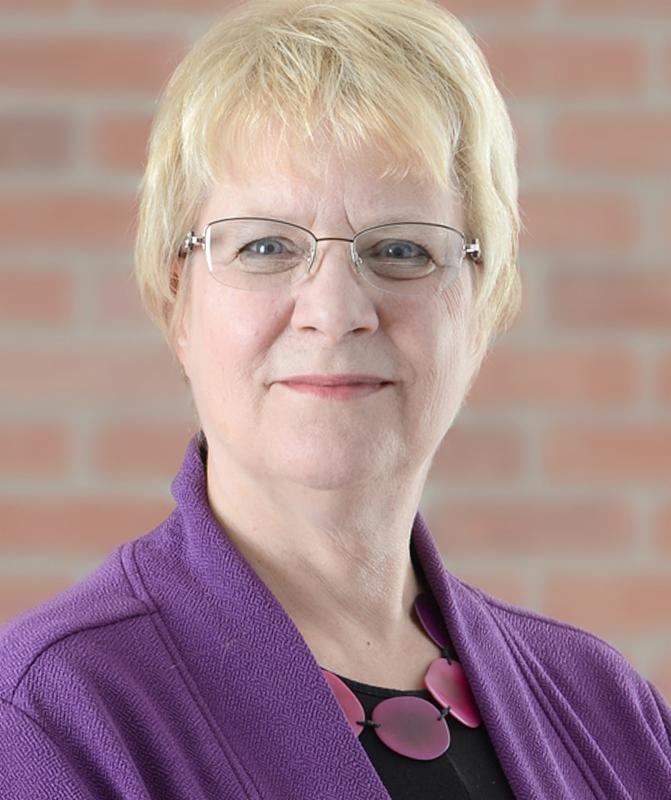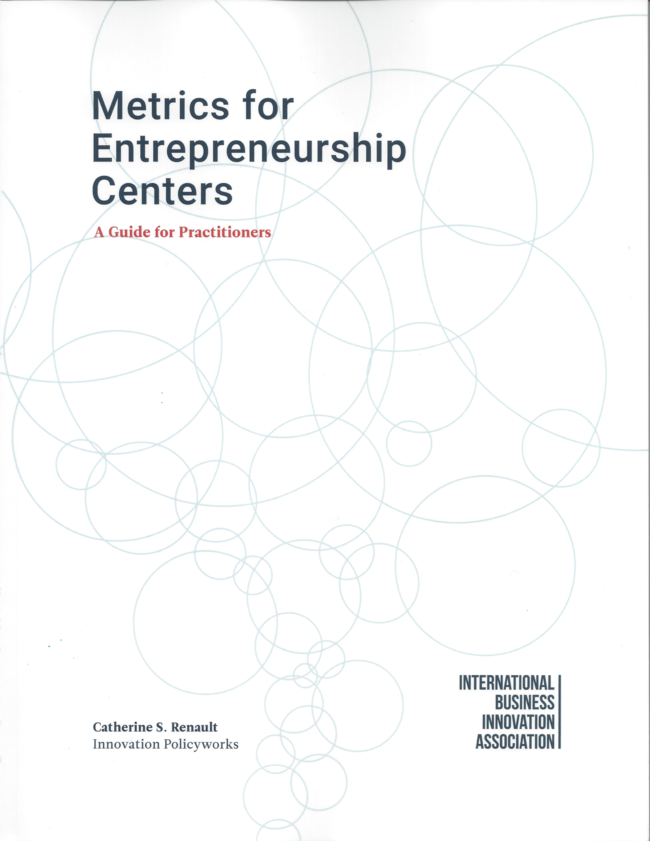|
|
|
Notes from Innovation Policyworks

Empirically, regions with universities grow faster than those without, and in smaller places, the university's role is even more important. This was the conclusion of work I did with Harvey Goldstein over ten years ago, and it's still true today. We recently looked at five small places with research universities to understand how the universities saw their role in regional economic development and what they did, with the community, to contribute. The results are HERE.
In our work across the country, the diversity of opinion among university presidents and vice presidents of research about the role of their institutions is amazingly varied. But anecdotally, the places where the university sees itself as integral to regional economic growth are doing much better than places where the ivory tower is still intact. This latter attitude seems to exist despite changing beliefs in state capitals and elsewhere that there is a
quid pro quo for public support of education: universities are expected to play nice with others! And, students increasingly are interested in entrepreneurship and bringing their ideas and innovations to market, another critical role for universities to play.
Here's hoping your university gets it!
Cathy
|
How Technology-based Startups Support Economic Growth
For years, it's been a pet peeve of mine that many policymakers and legislators focus on supporting all small business and all startups when the data are quite clear: it is technology-based startups that provide major contributions to job creation, innovation, exports, and productivity growth. In general, non-tech companies are often not focused on growth, have lower wages and are in "local-serving" industries, creating no net new jobs.
The data also show that while new business formation is down overall, technology-based start-up rates have been increasing. In the past ten years, technology-based startups have increased 47% and employment has increased 20%. Technology-based startups pay more than twice the national average wage, and three times the average start-up wage.
While these trends are difficult to swallow for small communities with few of these companies, they only serve to underline the importance of spreading education in STEM fields more broadly, increasing access to the Internet, pushing local universities to engage in research and technology transfer, and to broadening the geographic scope of technology-based economic development. See this ITIF report for more information and policy recommendations.
|
Angels, those high-net-worth individuals who invest in high-growth start-ups, are profiled in a new report from the Angel Capital Association and Rev1 Ventures. The highlights are:
- Angels are still predominantly men, but 22 percent are women and increasing;
- Angels are everywhere, not just Silicon Valley, Boston or New York;
- Most angels are experienced entrepreneurs;
- Median investment is $25,000; and
- A typical angel has a portfolio of 11 companies.
Angels are a critical source of capital after startups tap friends and family, and invest around $25 million in 70,000 companies every year. Read the report HERE.
|
Is Technology Killing the Truth?
Brooking's Tom Wheeler recently wrote a provocative piece about the technology that almost all of us carry in our pockets. Wheeler's premise is that the Internet, the 24/7 news media and the smartphone have combined to bring us unprecedented access to information. At the same time, he says, we're now seeing our information curated by software algorithms that care more about advertising dollars than veracity and balance. He concludes, "The current focus on the impact of social media on the electoral process should serve as a stepping-off point for a broader inquiry into the accountability of Internet platforms and the oversight of that accountability. . . social media platforms need to move from secrecy to transparency." See the whole article HERE.
|
Technology Transfer Evolution
The Association of Public & Land-grant Universities (APLU) has just released a blueprint for the evolution of university technology transfer organizations within the broader context of university economic development engagement and makes recommendations for the future. The four themes are:
- Success in technology transfer should not be measured by revenue, but by contributions to economic prosperity.
- Technology transfer must better integrate and align with the broader economic engagement efforts of the university.
- Strategic resource allocation for technology transfer, including funding and staffing, must take into account a broader scope of activities and expectations; and
- Make the economic engagement story more explicit.
Read more HERE.
|
Venture Capital Invests Close to Home
Conventional wisdom holds that venture investors like to invest within two hours of their offices, mostly to make it easier to keep track of their portfolios. This truism has produced the geographically skewed nature of venture investments, with more than 90% invested in CA and MA alone. Using Crunchbase data on over 82,000 investor-company relationships, a new analysis shows that the degree of loyalty that investors show to their region depends a great deal on where they are. For instance, a Palm Beach, FL-based investor is likely to invest 61% out of state, while a Salt Lake City, UT-based investor is likely to invest 56% in that city, and only 9% out of state. See the visualizations HERE.
|
|
The St. George, ME Select Board recently voted unanimously to oppose the offshore wind project being developed by Maine Aqua Ventus in collaboration with the University of Maine. The project, to be constructed off of Monhegan Island (whose residents voted unanimously for it), has been supported by the US Department of Energy and the Maine Technology Institute, as well as various regulatory agencies.
This is just the latest example of NIMBYism, the bane of economic development planners, elected officials, land owners, developers and construction companies and workers. An article by Richard Cowden in the
Journal of Applied Research in Economic Development explores this phenomenon, and the balance between citizen engagement (good) and "ill-informed fuddy-duddys" (bad). Read it all
HERE.
|
Is Execution Where Good Strategies Go to Die?
This excellent Harvard Business Review article looks at execution and discusses the issues that arise because the people who think up strategies are often not the ones tasked with implementing them. The article argues that including implementers in the earlier strategic discussions invokes a sense of ownership that speeds things up when it comes time to execute. This is called the "Ikea effect:" people prefer things they help to make. The authors also argue for devising a good story or narrative so that the new direction is understood. They suggest that involving the sales team is critical here. We agree, and prefer to work with diverse teams from across organizations and stakeholders, and to spend the time creating strategies that everyone contributes to. In our experience, these are the plans that work. Read the article HERE.
|
|
|
|
Happy New Year!
 Best wishes for 2018! Best wishes for 2018!
|
The Georgetown Center on Education and the Workforce has just released new data that finds that nearly half of all states have added good blue-collar jobs that don't require a bachelor's degree (BA). Since 1991, workers with associate's degrees have claimed a rising share of good jobs in every state, while those with only a high school diploma are losing ground in nearly every state. For state-by-state data, visit THIS website.
|
Where Well-educated Millennials Live
If you like cool maps, check out
THESE. Manhattan Institute senior fellow Aaron Renn looked at 25-34 year olds with a bachelor's degree and higher, and where they live. This cohort is highly concentrated in large cities on the coasts, with hot spots in some surprising places, including Portland, ME, Pittsburgh, PA, Nashville, TN, Charlottesville, VA, Albany, NY and Grand Forks, ND, among the other, usual suspects - CA, NYC and Boston. Renn notes, "A city dominated by highly educated people will have a different culture, attitude, etc., vs. one where interests are more divided between highly educated and lesser educated."
|
Metrics for Entrepreneurship Programs
 Have you been wondering how to convince your stakeholders that your program is performing well? My book on evaluating entrepreneurial programs, written for the International Business Innovation Association (iNBIA), is available on its website. The basics apply to any economic development program. Check it out HERE. Have you been wondering how to convince your stakeholders that your program is performing well? My book on evaluating entrepreneurial programs, written for the International Business Innovation Association (iNBIA), is available on its website. The basics apply to any economic development program. Check it out HERE.
|
|
|